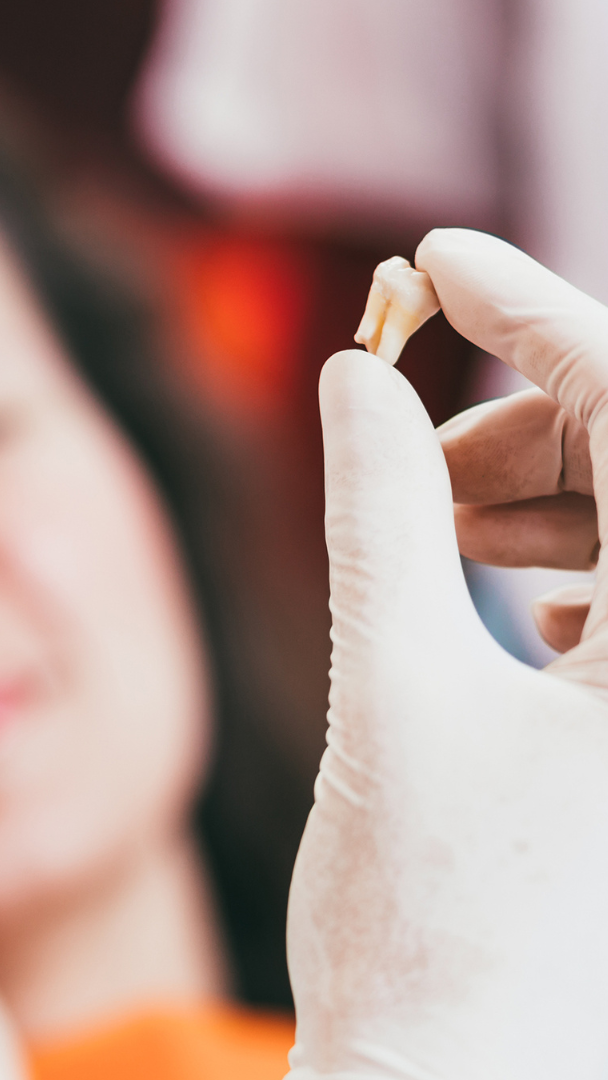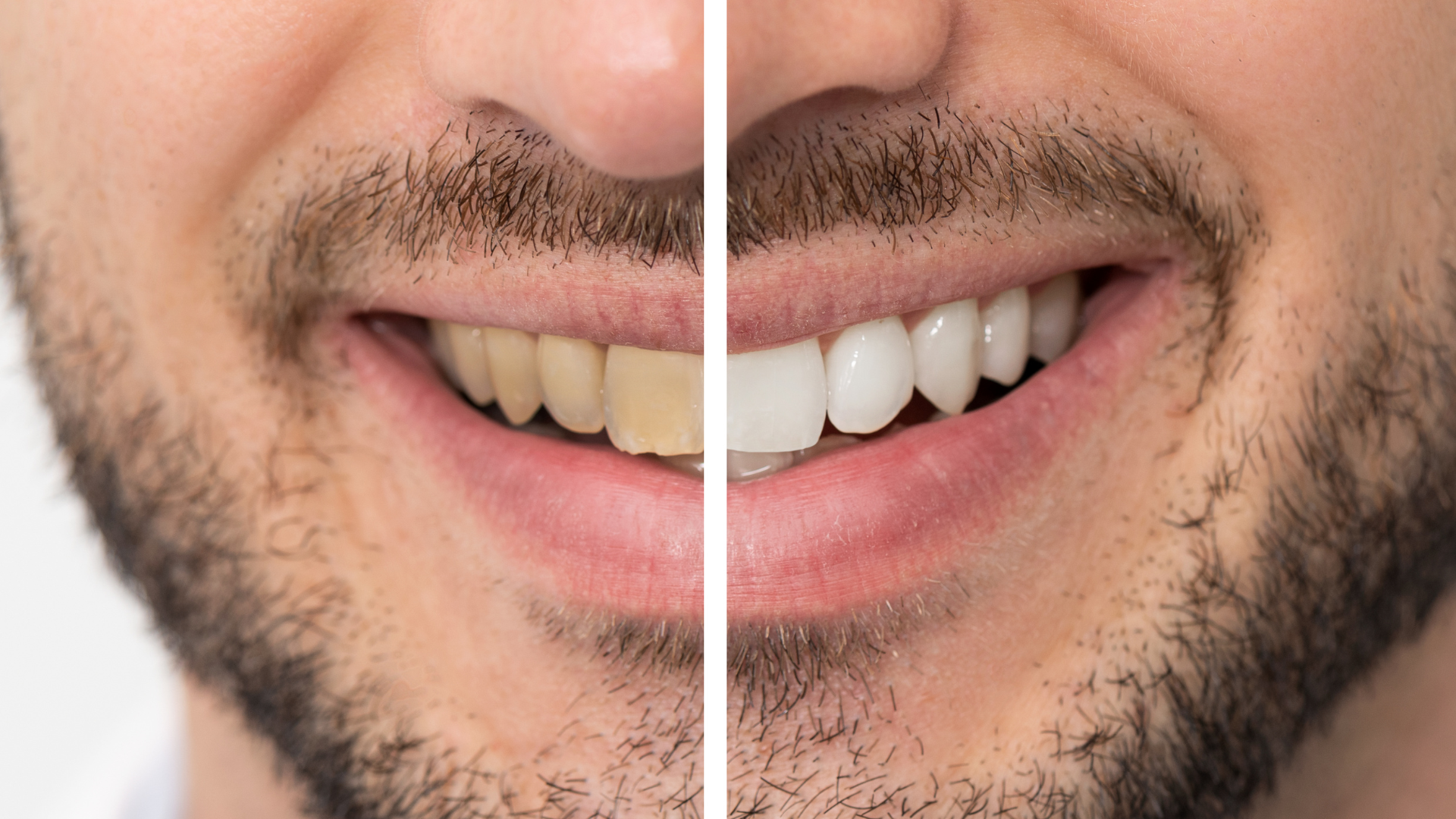When Can I Eat Solid Food After a Tooth Extraction? A Guide from Danforth Neighbourhood Dental Centre
What to Expect During Tooth Extraction Recovery
After your tooth extraction, you can expect a smooth recovery process with proper care. Your dentist will ensure you are comfortable throughout, and once the procedure is complete, your body immediately begins to heal. A protective clot naturally forms at the extraction site, setting the stage for recovery. With rest and following your dentist's advice, you’ll be on the path to feeling better in no time, allowing you to focus on healing and getting back to your routine.
Immediate Post-Extraction Care
Following your dentist's instructions is key during the first 24 hours after your extraction. Here’s what to focus on for a smooth recovery:
- Managing the site: To control bleeding, bite down on a piece of gauze placed over the extraction site for 30 to 45 minutes. Avoid spitting or rinsing your mouth vigorously, which could dislodge the clot.
- Pain Management: Over-the-counter pain relievers like ibuprofen or acetaminophen are usually enough to manage discomfort. If your pain persists, contact your dentist for further guidance.
- Rest: Take it easy and avoid strenuous activities for at least 24 hours. Resting with your head elevated will help minimize swelling.

Eating Soft Foods During the First 24 Hours
After a tooth extraction, you should stick to soft, gentle foods on your mouth. These options are easy to chew and less likely to disrupt the healing process:
- Applesauce
- Yogurt
- Mashed potatoes
- Smoothies (without seeds)
- Broth-based soups
Avoid crunchy, hard, or spicy foods and anything that requires a lot of chewing. Also, avoid drinking through straws, as the suction could disturb the blood clot and delay healing.
Transitioning to Semi-Solid Foods
After about 24-48 hours, you might feel ready to eat semi-solid foods. Listen to your body and take it slow. Good choices include:
- Scrambled eggs
- Mashed potatoes
- Soft pasta
- Cottage cheese
If you notice discomfort, return to softer foods and give yourself more time to heal.
When Can You Eat Solid Foods?
Typically, you can start introducing solid foods around a week after the extraction, but this timeline can vary. Always follow your dentist’s advice. Begin with foods that are easy to chew and swallow, such as:
- Soft-cooked vegetables
- Pasta
- Bananas or avocados
- Tender meats like chicken or fish
Avoid hard, crunchy, or sticky foods until your dentist gives you the go-ahead. Chewing on the opposite side of the extraction site can help minimize discomfort as you reintroduce solid foods.
Maintaining Oral Hygiene During Recovery
Keeping your mouth clean after a tooth extraction is essential for preventing infection. Here's how to maintain oral hygiene without disturbing the healing process:
- Gentle Cleaning: After 24 hours, start rinsing your mouth with a warm saltwater solution. Avoid vigorous swishing. Use a soft-bristled toothbrush, but be cautious around the extraction site.
- Mouth Rinses: Use alcohol-free mouthwashes or saltwater rinses. This helps reduce bacteria and keeps the area clean.
Recognizing Complications
While most extractions heal without issues, watch for signs of complications like:
- Severe pain that doesn’t go away
- Excessive bleeding
- Swelling that worsens after a few days
- Pus or a bad taste in your mouth
If you notice these symptoms, contact your dentist at Danforth Neighbourhood Dental Centre immediately.
Conclusion
Recovering from a tooth extraction may feel daunting, but by following your dentist’s advice and listening to your body, you’ll be back to your regular diet in no time. Start with soft foods, gradually introduce semi-solids, and finally ease back into solid foods. Healing takes time, so be patient with yourself. Don’t hesitate to contact your local Danforth dentist for any concerns during your recovery.
Stay safe, take care, and enjoy a healthy recovery!
Frequently Asked Questions
How long does it take to fully recover from a tooth extraction?
Most people recover from a simple tooth extraction within 7 to 10 days. For more complex extractions, like wisdom teeth, recovery might take up to two weeks. However, the exact time varies depending on the individual and how well you follow your dentist’s post-extraction care instructions.
When can I eat solid foods again?
You can usually start introducing soft foods after 24-48 hours and transition to more solid foods after about a week. Be sure to follow your dentist’s recommendations and listen to your body. If you feel any discomfort, give it more time before moving back to a normal diet
What should I avoid after a tooth extraction?
Avoid using straws, smoking, and eating hard or crunchy foods for at least a week. You should also refrain from vigorous rinsing or spitting to prevent dislodging the blood clot, which is essential for healing.
Is pain normal after a tooth extraction?
Mild discomfort and swelling are normal after a tooth extraction. Over-the-counter pain medications, like ibuprofen or acetaminophen, can help manage the discomfort. If the pain worsens or doesn’t subside after a few days, contact your dentist for further advice.
How should I clean my mouth after the procedure?
For the first 24 hours, avoid brushing the extraction site. After that, gently rinse your mouth with warm salt water to keep the area clean. Continue brushing your other teeth, but be careful around the extraction site to avoid irritation.
What are signs of complications?
If you experience severe pain, excessive bleeding, swelling that worsens, or notice pus, contact your dentist immediately. These could be signs of an infection or other complications requiring professional attention.
When should I go back to the dentist?
 Button
ButtonYour dentist may schedule a follow-up appointment a week or two after the extraction to check your healing progress. If you have stitches, they may also need to be removed. If any issues arise before your scheduled follow-up, don’t hesitate to contact your dentist.




